Peter Wagner has seemingly culminated a lifetime of miles within the places he has called home. Growing up in the suburbs of College Park to then see the family pack up and move to Germany. When Wagner’s parents separated once the family returned to the States, him and his mother found themselves living in a nomadic state.
With the excessive amount of moving (seemingly transpiring every two years), a brief residency in Baltimore altered Wagner’s life musically. The backdrop, which featured his living arrangements in a seemingly abandoned building, offered him an unique sense of relief. This in turn allowed the instability he experienced since childhood to pour out like a picturesque babbling brook sitting along the countryside.
Under the moniker Furrows, the debut album Fisher King gives out a level of optimism throughout. Vocally, Wagner never wavers from the softness he creates on top of the atmospheric instrumentals.
I read about your childhood, and I saw that music helped you deal with some traumatic moments. How important was music for you to cope with things?
I think playing music helps me process and deal with difficult emotions in a comforting and hopefully healthy way, especially the process of writing songs. I think a song can be a vehicle for taking trauma and turning it into something beautiful that’s easier to confront. Grabbing an instrument or playing a record is also just a good way to deal with boredom or loneliness.
When did creating music become something that you wanted to explore?
My early musical background was in jazz and improvisational music. At the time, it felt like I was exploring and creating something new every time I picked up a guitar. Around the time of college, I became more interested in writing and recording songs. Maybe this is cliche; I became really intrigued with the process of overdubbing, where I could basically build a whole band in my bedroom.
Grizzly Bear’s album Yellow House was in many ways influential to you. What was about this collection of songs spoke to you so profoundly?
The songs on that album are so fascinating to me; they’re mostly musical sketches, little snippets of lyrics, and a melody built around Daniel Rossen’s characteristic guitar or piano parts that the band then fleshed out into these incredible, baroque arrangements. The album really captured my imagination at the time, pulling me into this vivid sonic world, unlike anything I’d heard. The title ‘Yellow House’ seems especially fitting since, for me, the music creates the sense of being in some musty, Victorian-era house and hearing this ghostly, slightly muffled music vibrating through the walls. Especially that track, “Marla”. I think the album shows that writing songs can be as much about simply stimulating the listener’s imagination as telling a story.
Having moved several times throughout your life, what have the experiences done in terms of your vision with songwriting?
I think I draw some of the imagery in the songs I write from all that movement. I pull from memory a lot in my songwriting, so allusions to people and places I’ve left behind are pretty common. But I try to bury those allusions in language that is more ambiguous and, hopefully, accessible to other people and their experiences.
How has living in Baltimore been for you these days?
Well, truth be told, I’ve mostly lived in Brooklyn this year, where I recorded the album and have a bartending gig. I really miss Baltimore, though, and expect to be spending a fair amount of time there, at least over the winter. It’s a very beautiful and mysterious city, with these deep layers that aren’t necessarily obvious until you’ve spent some time there. I think Baltimore has a lot of creative energy flowing through it; I love writing music there.
Did your debut writing and recording process help you emotionally release some of those deeply rooted feelings?
Sure, I think so. Obviously, songs start out as these very personal and private things, but eventually, they get released out into the world where other people can develop their own relationships with them. I feel like the process of actually sharing music with people plays a large part in releasing the underlying feelings behind the songs. Those feelings can take on a life of their own and grow into something more transcendent as different people listen to the resulting songs and develop attachments to them.
Were there any artists/bands that helped influence your direction with Fisher King?
It’s hard to say specifically. I’ve absorbed a lot of music over the years, and I listen to a lot of stuff that falls outside of the genre of music most people would probably put Furrows in. I became obsessed with the final two Talk albums, Spirit of Eden and Laughing Stock, while recording Fisher King. Nick Drake is always floating around in the back of my consciousness, too. Especially when I’m messing around with my acoustic guitar. I’m also a huge Boards of Canada fan, and I bet, somewhere in the production on Fisher King, you can kind of hear that if you listen closely.
What I found when listening to Fisher King was the sense of intimacy. When putting the album together, did you want to create that feeling with listeners?
Definitely! Especially with the vocals. I recorded them very whispery and close to the mic. I wanted it to sound like the vocals were really close to the listener’s ears, especially on headphones, almost like they were coming from inside the listener’s own head. I don’t know why exactly, just the effect I was going for.
Was there any point during putting together Fisher King where you felt that you were sharing too much of yourself?
Occasionally. I feel like the more personal elements that inform my songwriting are often obscured by some of the lyrical devices I use in my songs, so in that sense, there’s always some cover. But it’s true that I write songs largely as a way to process personal feelings and experiences, whereas I know some songwriters like to tell stories or maybe write about things that are less directly personal.
What’s next on the agenda for you?
I think maybe a few weeks in Baltimore, writing and demoing songs, and then more recording and some touring early next year! Forward!


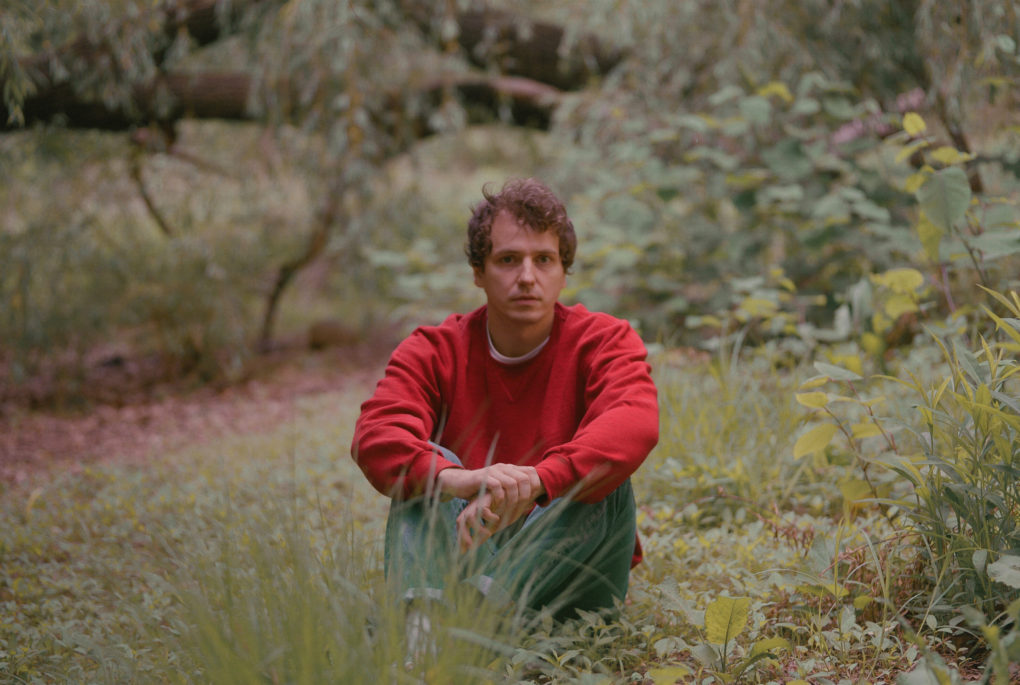

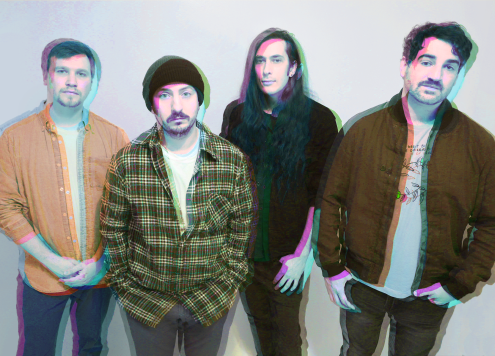
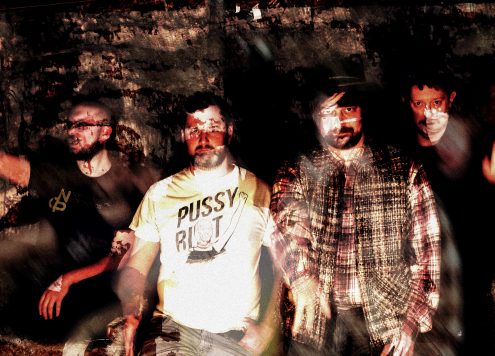



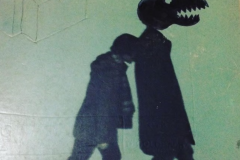
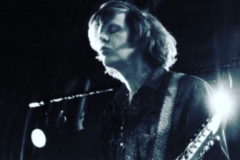

Social Media